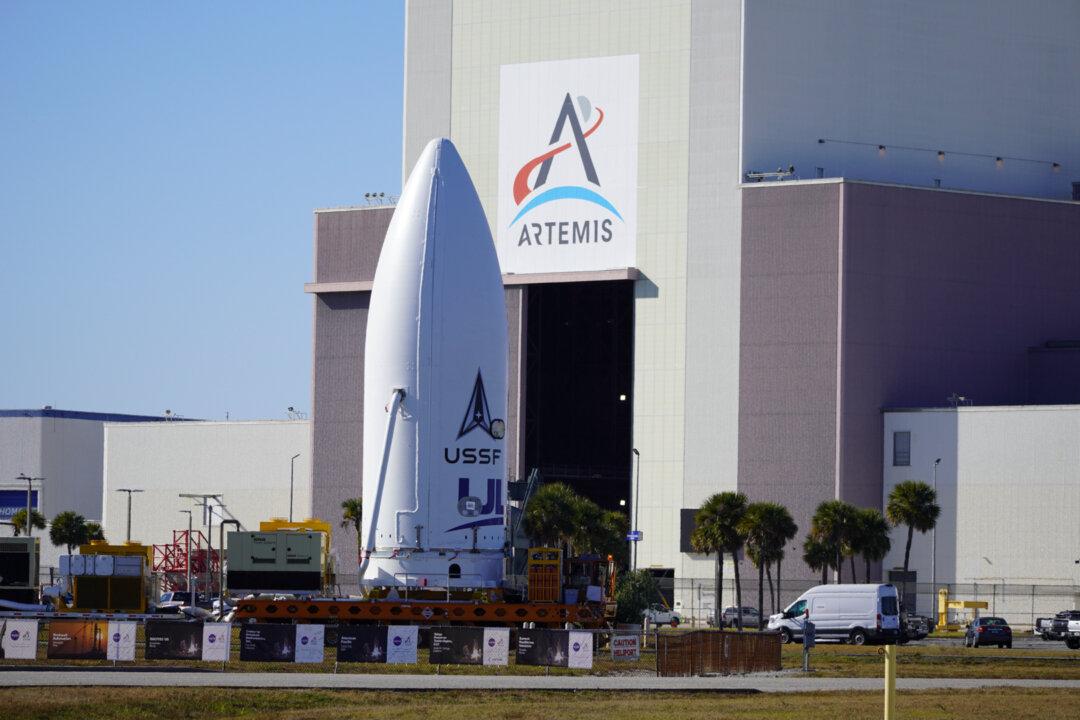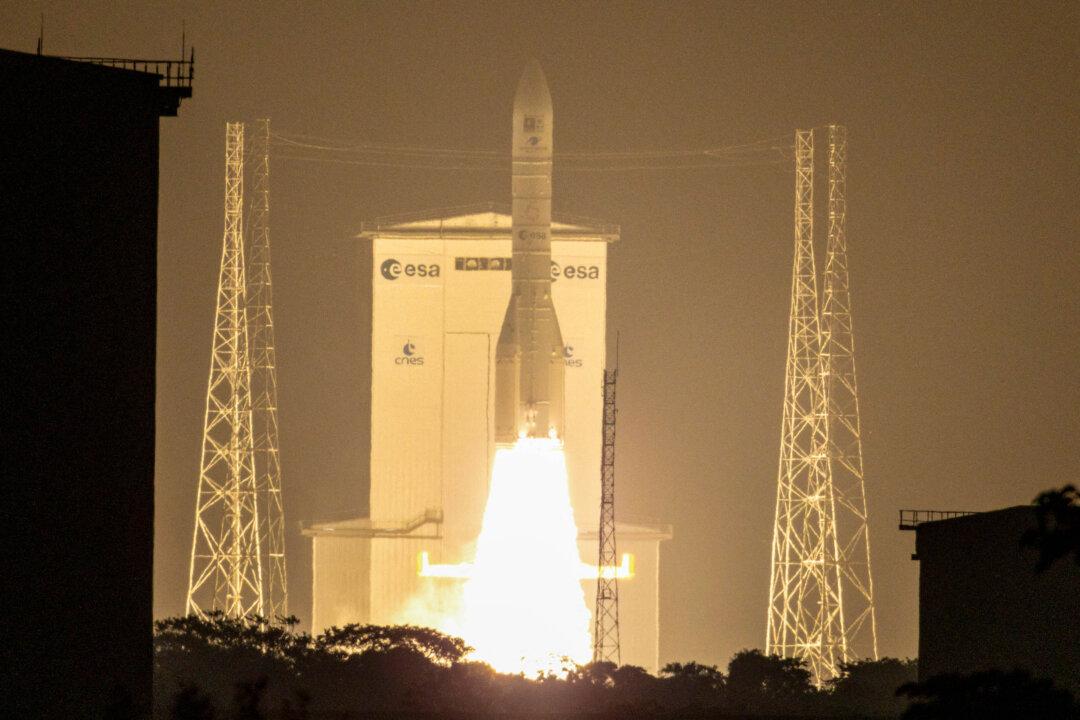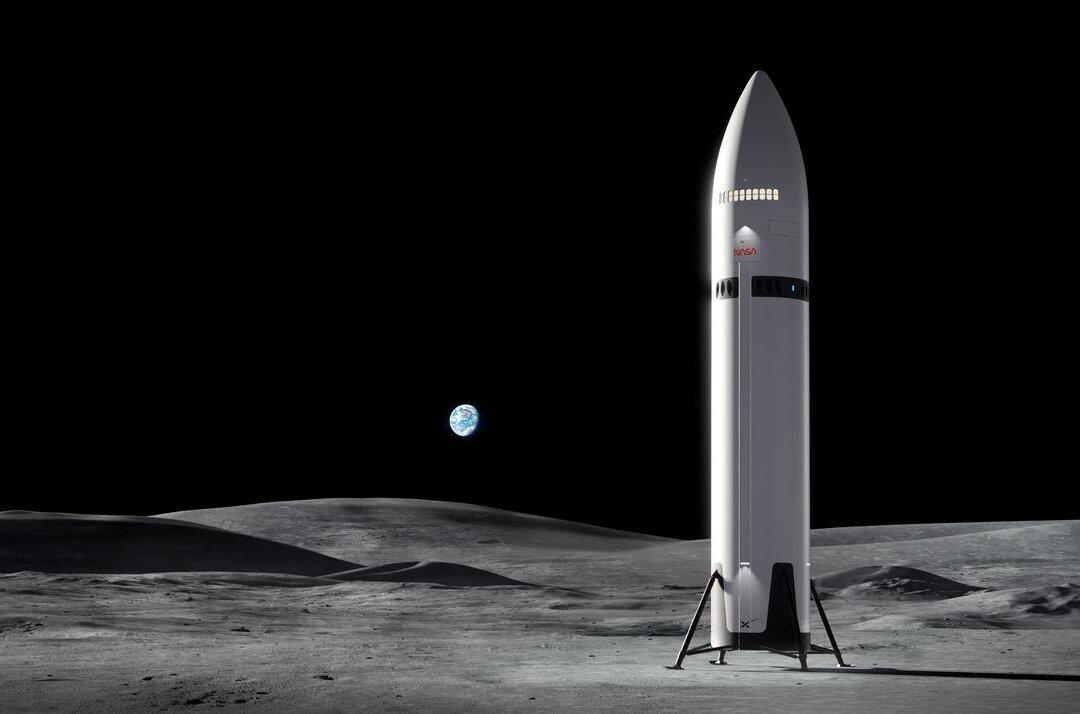The United States announced a wave of new sanctions against Russia the day before G7 leaders were set to gather in Italy to discuss ways to curb Russia’s growing war economy amid its ongoing campaign in Ukraine.
Sanctions on more than 300 entities and individuals were announced by the U.S. Treasury Department on June 12. The measures “will ratchet up the risks that foreign financial institutions take by dealing with Russia’s war economy,” according to national security adviser Jake Sullivan.





